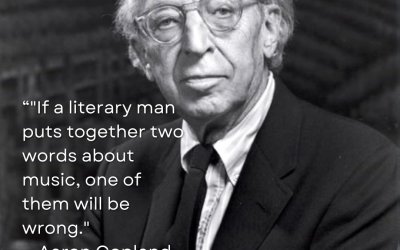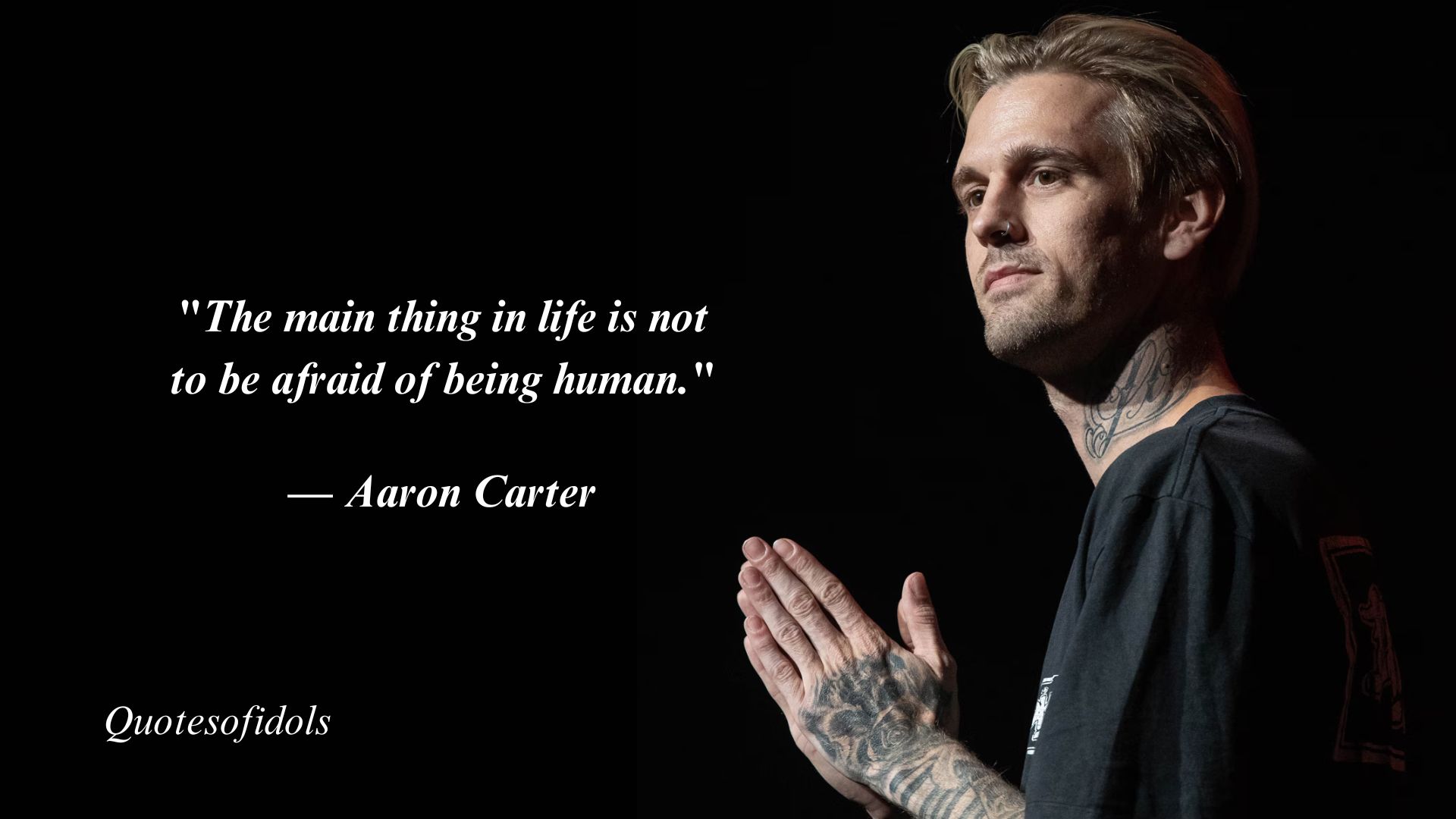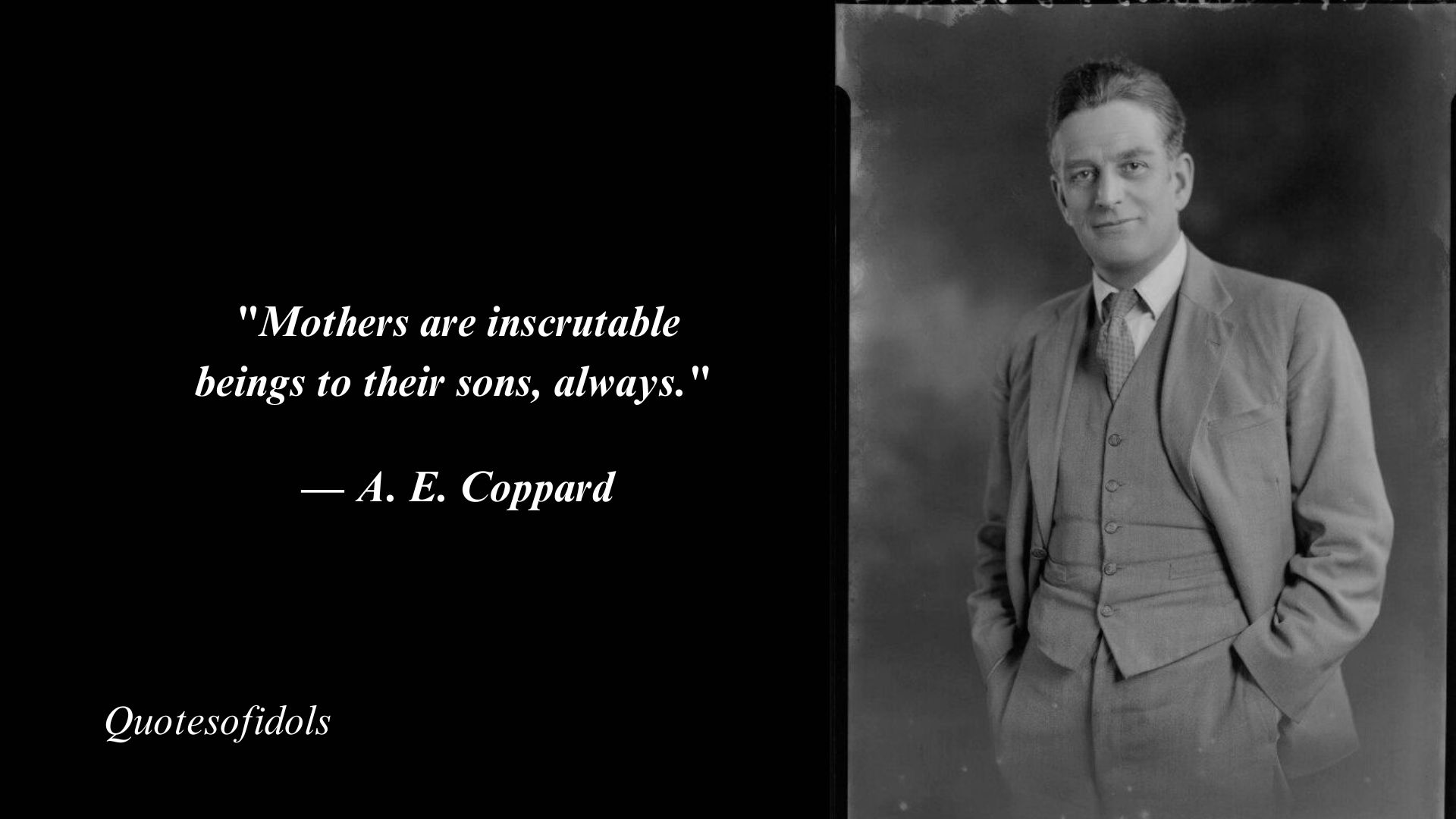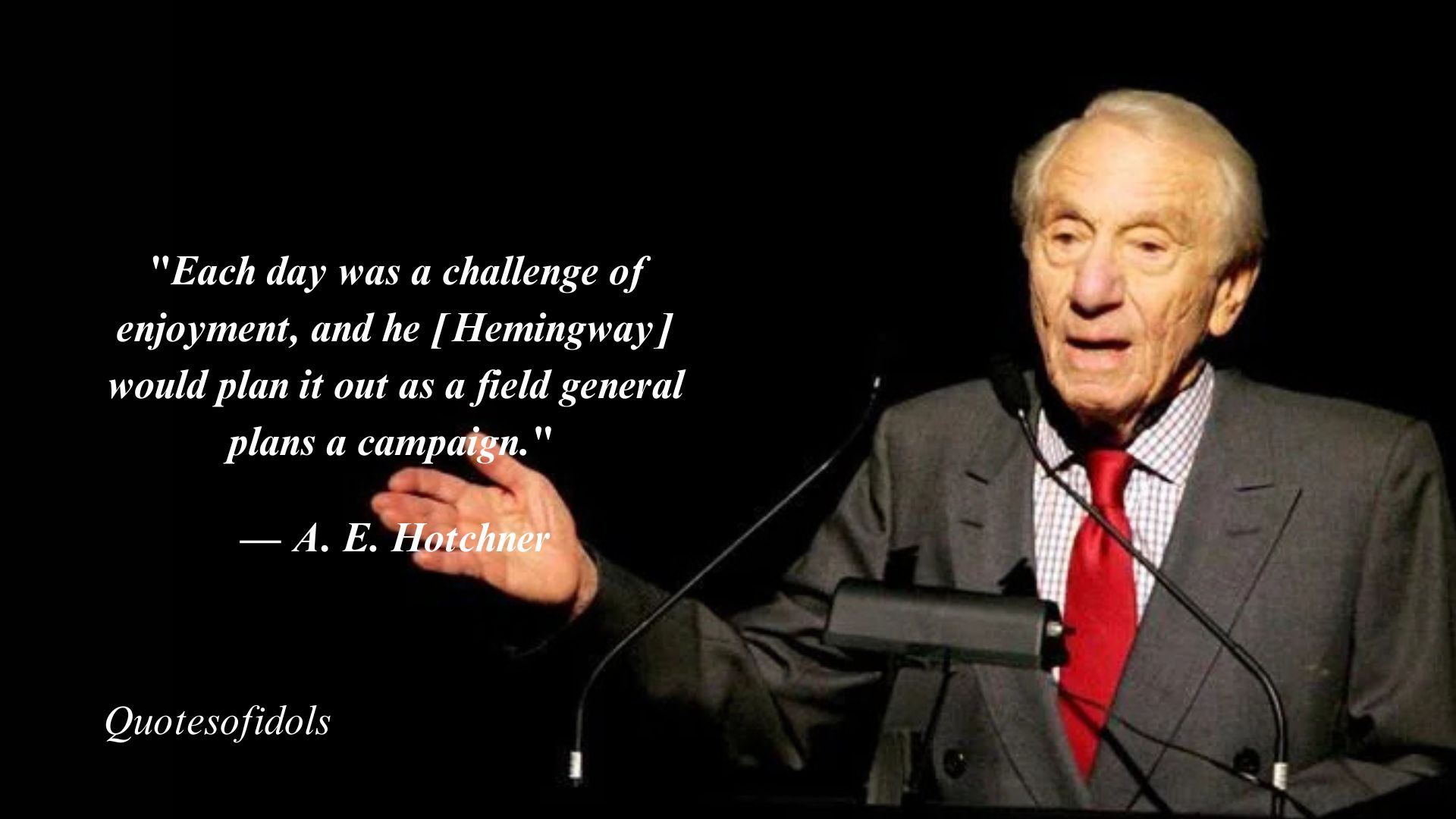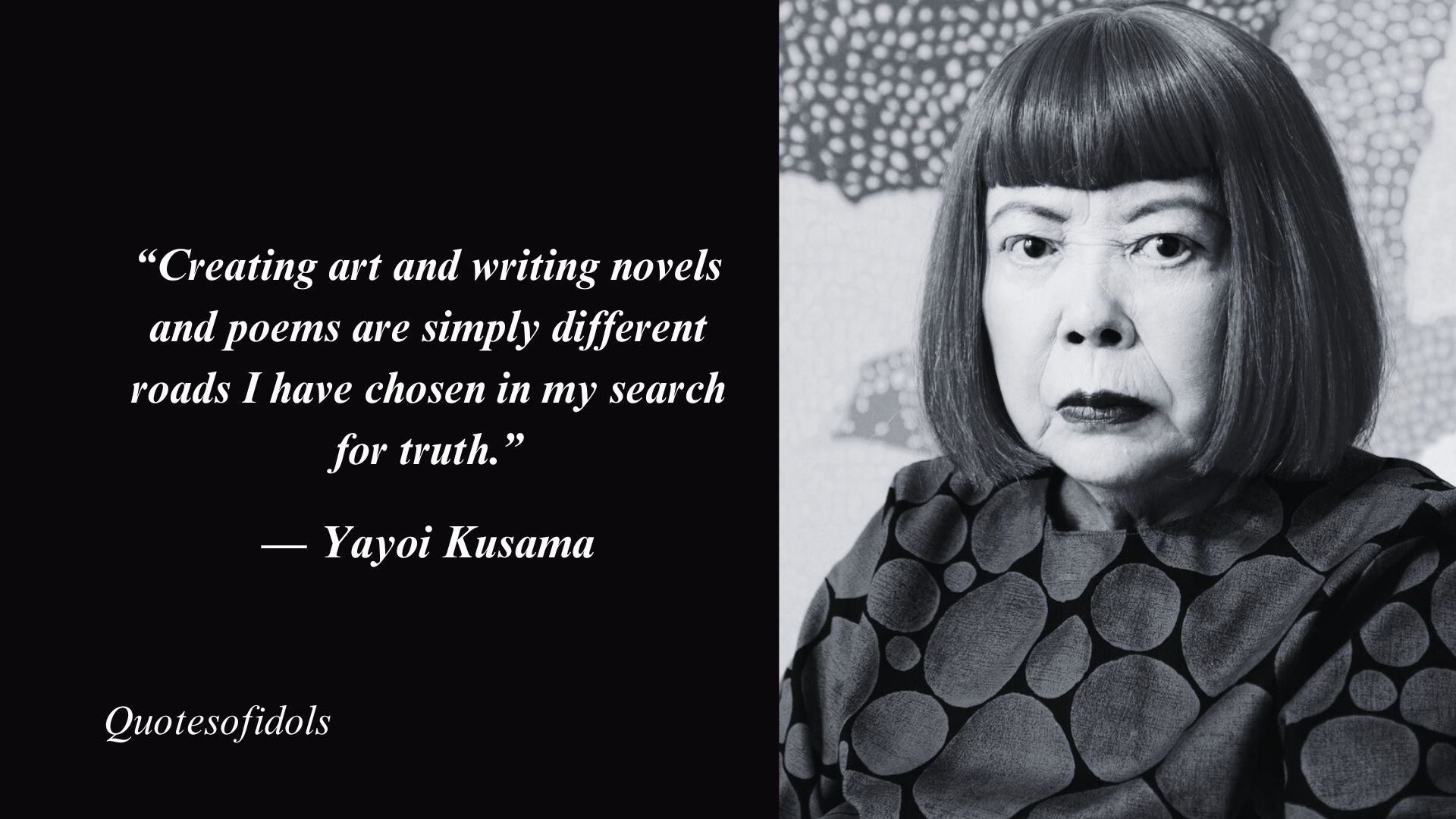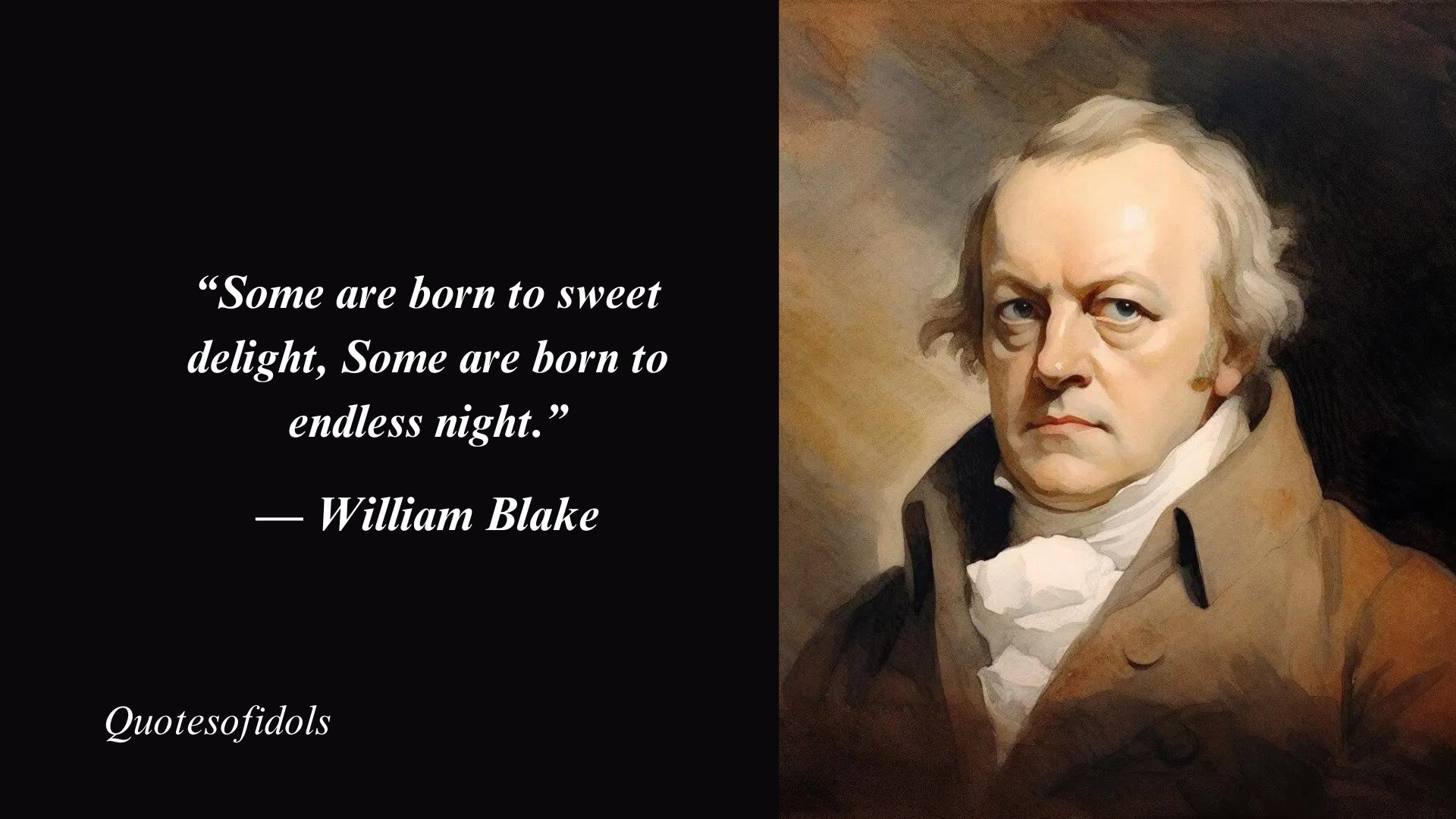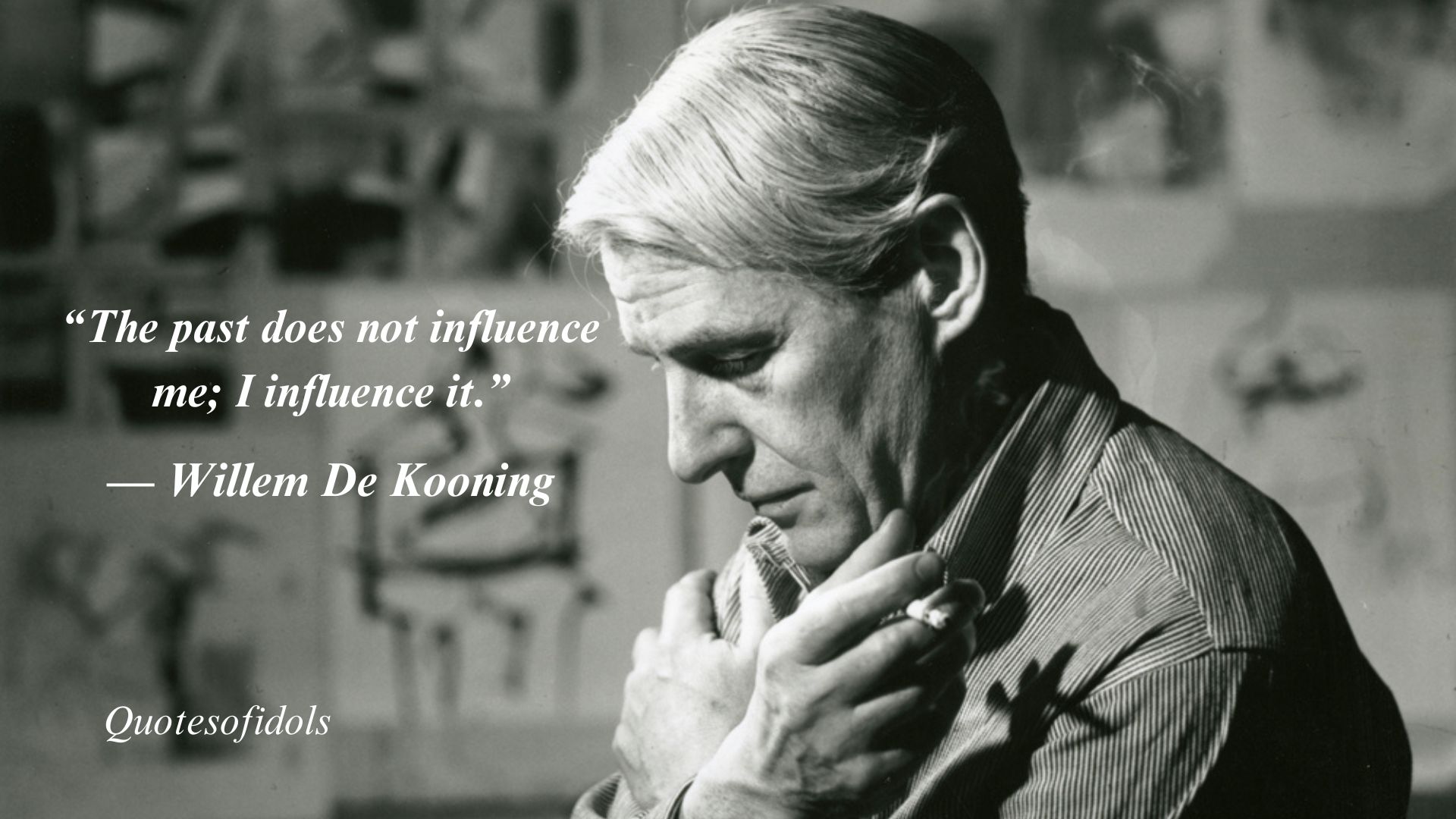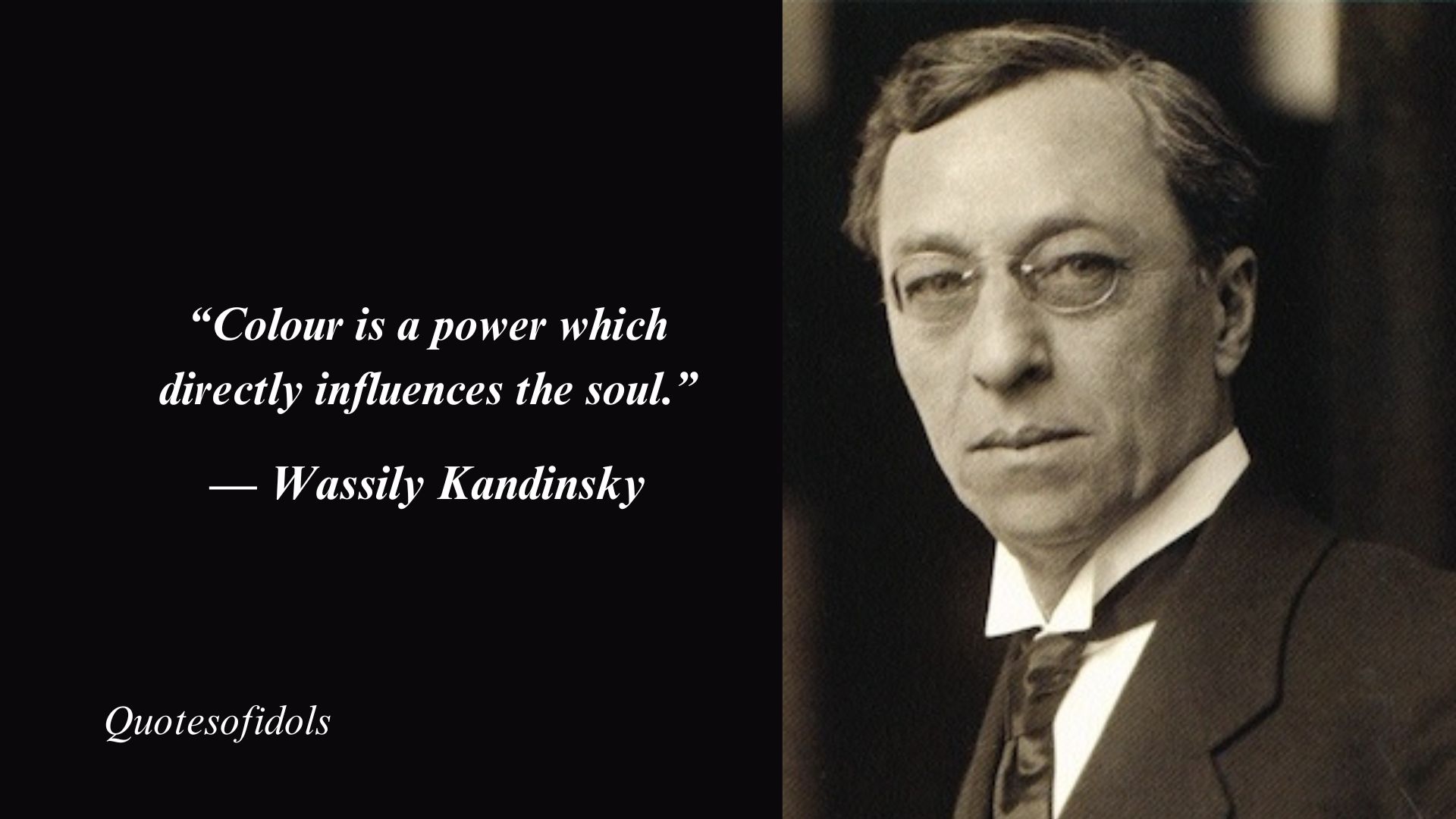Top 150 Most Famous Quotes By Henri Matisse
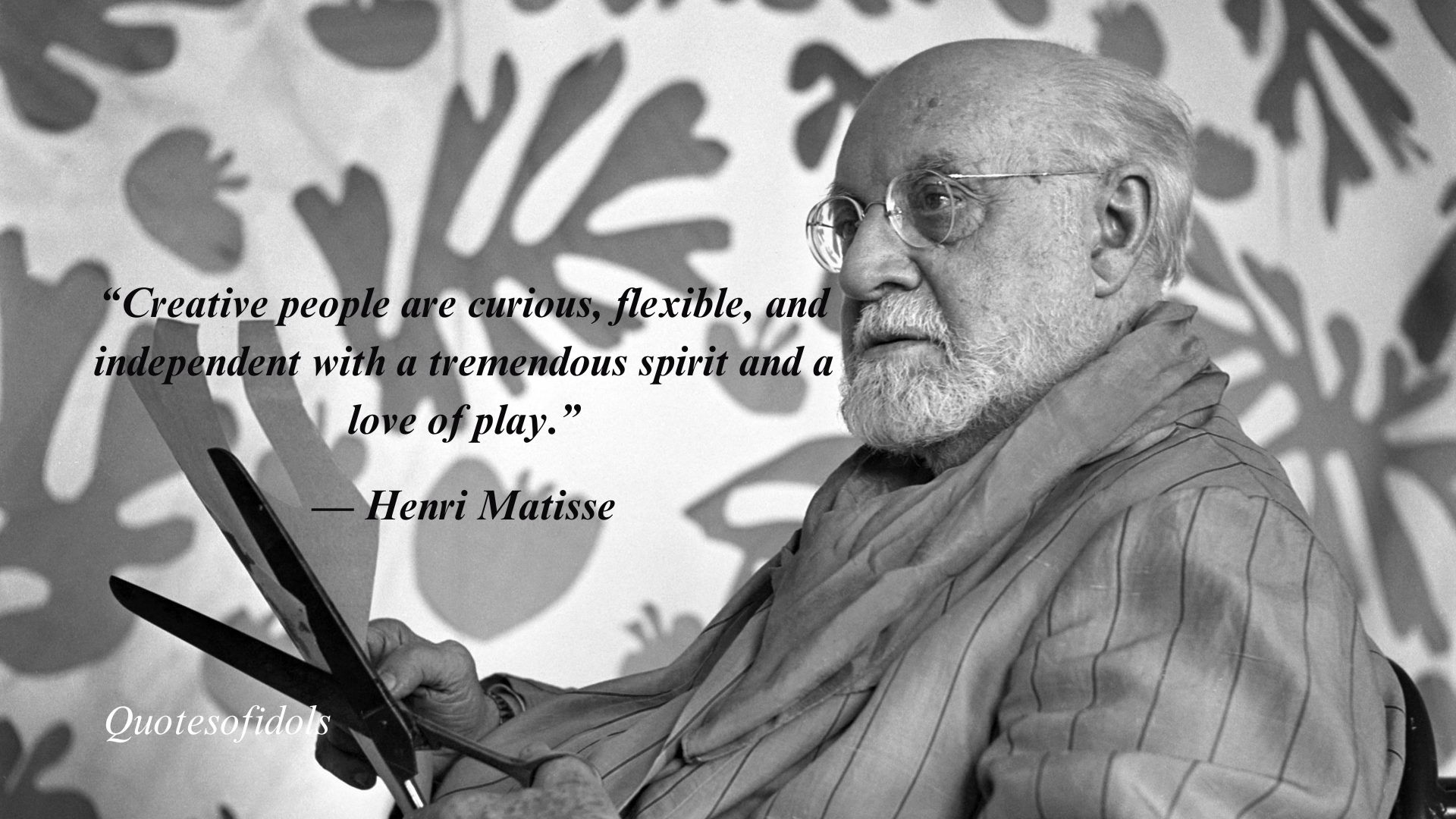
Henri Matisse (b. 1869, Le Cateau-Cambrésis, France) was a revolutionary artist of the 20th century, famous for his vibrant colors, expressive forms, and innovative use of shape and line. He was a dominant figure in Fauvism and one of the most influential artists of modern times.
During the course of his career, Matisse’s art went through various stylistic transitions, and yet he always endeavored to convey joy, balance, and the beauty of human existence. He was a believer in the emotional power of color, and used it boldly and unconventionally.
Some of Matisse’s most famed works are titled “The Dance,” “Woman with a Hat” and “The Red Studio.” His works of art, including paintings, sculptures and paper cut-outs, are known for their luxuriance, simplicity and dynamism.
As a master teacher and mentor, Matisse influenced generations of artist students with his unique style and masterful methodology. The never-ending impact of his legacy reminds we are still not covered to behold him one of the greatest artist of 20th centuary.
Henri Matisse Quotes
1. “There are always flowers for those who want to see them.”
— Henri Matisse
2. “Creativity takes courage. ”
— Henri Matisse
3. “Don’t wait for inspiration. It comes while one is working.”
— Henri Matisse
4. “An artist is an explorer.”
— Henri Matisse
5. “Creative people are curious, flexible, and independent with a tremendous spirit and a love of play.”
— Henri Matisse
6. “Work cures everything.”
— Henri Matisse
7. “If I close my eyes, I see things better than with my eyes open.”
— Henri Matisse
8. “When you’re out of willpower you call on stubbornness, that’s the trick.”
— Henri Matisse
9. “Don’t try to be original. Be simple. Be good technically, and if there is something in you, it will come out.”
— Henri Matisse
10. “Creation begins with vision.”
— Henri Matisse
11. “The essential thing is to work in a state of mind that approaches prayer.”
— Henri Matisse
12. “Color was not given to us in order that we imitate Nature. It was given to us so that we can express our emotions.”
— Henri Matisse
13. “Nothing can be accomplished without love.”
— Henri Matisse
14. “Precision is not reality.”
— Henri Matisse
15. “Much of the beauty that arises in art comes from the struggle an artist wages with his limited medium.”
— Henri Matisse
16. “What I dream of is an art of balance, of purity and serenity devoid of troubling or depressing subject matter – a soothing, calming influence on the mind, rather like a good armchair which provides relaxation from physical fatigue.”
— Henri Matisse
17. “The artists must see all things as if he were seeing them for the first time. All his life he must see as he did when he was a child.”
— Henri Matisse
18. “Derive happiness in oneself from a good day’s work, from illuminating the fog that surrounds us.”
— Henri Matisse
19. “We ought to view ourselves with the same curiosity and openness with which we study a tree, the sky or a thought, because we too are linked to the entire universe.”
— Henri Matisse
20. “You want to paint? First of all you must cut off your tongue because your decision takes away from you the right to express yourself with anything but your brush.”
— Henri Matisse
21. “What I dream of is an art of balance.”
— Henri Matisse
22. “In love, the one who runs away is the winner.”
— Henri Matisse
23. “To look at something as though we had never seen it before requires great courage.”
— Henri Matisse
24. “Exactitude is not truth.”
— Henri Matisse
25. “All that is not useful in a picture is detrimental. A work of art must be harmonious in its entirety; for superfluous details would, in the mind of the beholder, encroach upon the essential elements.”
— Henri Matisse
26. “When I paint green, it doesn’t mean grass; when I paint blue, it doesn’t mean sky.”
— Henri Matisse
27. “I dream of an art of balance, of quietness, something analogous to a good armchair.”
— Henri Matisse
28. “I’ve been forty years discovering that the queen of all colors is black.”
— Henri Matisse
29. “The artist has to look at life as he did when he was a child. If he loses that faculty, he cannot express himself in an original, that is, a personal way.”
— Henri Matisse
30. “I have always tried to hide my efforts and wished my works to have a light joyousness of springtime which never lets anyone suspect the labors it has cost me.”
— Henri Matisse
31. “Fit the parts together, one into the other, and build your figure like a carpenter builds a house. Everything must be constructed, composed of parts that make a whole…”
— Henri Matisse
32. “It is with color that you render light, though you must also feel this light, have it within yourself.”
— Henri Matisse
33. “An artist must never be a prisoner. Prisoner? An artist should never be a prisoner of himself, prisoner of style, prisoner of reputation, prisoner of success, etc.”
— Henri Matisse
34. “Above all, an artist must never be too easily satisfied with what he has done…”
— Henri Matisse
35. “Hatred is a parasite that devours all. One doesn’t build upon hatred, but upon love.”
— Henri Matisse
36. “All my efforts go into creating an art that can be understood by everyone.”
— Henri Matisse
37. “A certain blue enters your soul.”
— Henri Matisse
38. “Color helps to express light, not the physical phenomenon, but the only light that really exists, that in the artist’s brain.”
— Henri Matisse
39. “There’s nothing clinically wrong with me, only an emotional imbalance – I pass too quickly from the wildest enthusiasm to the blackest despair.”
— Henri Matisse
40. “You study, you learn, but you guard the original naivete. It has to be within you, as desire for drink is within the drunkard or love is within the lover.”
— Henri Matisse
41. “Ever since there have been men, man has given himself over to too little joy. That alone, my brothers, is our original sin. I should believe only in a God who understood how to dance.”
— Henri Matisse
42. “My choice of colors does not rest on any scientific theory, it is based on observation, on feeling, on the experience of my sensibility.”
— Henri Matisse
43. “From the moment I held the box of colors in my hands, I knew this was my life. I threw myself into it like a beast that plunges towards the thing it loves.”
— Henri Matisse
44. “Do remember that one line does nothing; it is only in relation to another that it creates a volume.”
— Henri Matisse
45. “For my part I have never avoided the influence of others. I would have considered it cowardice and a lack of sincerity toward myself.”
— Henri Matisse
46. “He who loves, flies, runs, and rejoices; he is free and nothing holds him back.”
— Henri Matisse
47. “Art is an escape from reality.”
— Henri Matisse
48. “I cannot copy nature in a servile way; I am forced to interpret nature and submit it to the spirit of the picture. From the relationship I have found in all the tones there must result a living harmony of colors, a harmony analogous to that of a musical composition.”
— Henri Matisse
49. “Drawing is putting a line around an idea.”
— Henri Matisse
50. “To draw is to make an idea precise. Drawing is the precision of thought.”
— Henri Matisse
51. “With color one obtains an energy that seems to stem from witchcraft.”
— Henri Matisse
52. “I wouldn’t mind turning into a vermilion goldfish.”
— Henri Matisse
53. “When I eat a tomato I look at it the way anyone else would. But when I paint a tomato, then I see it differently.”
— Henri Matisse
54. “Drawing is of the spirit; color is of the senses.”
— Henri Matisse
55. “Colours have their own distinctive beauty that you have to preserve, just as in music you try to preserve sounds. It is a question of organization, of finding the arrangement that will keep the beauty and freshness of the colour.”
— Henri Matisse
56. “Never ruin a good painting with the truth.”
— Henri Matisse
57. “A work of art must carry in itself its complete significance and impose it upon the beholder even before he can identify the subject-matter…”
— Henri Matisse
58. “Impressionism is the newspaper of the soul.”
— Henri Matisse
59. “Cezanne, you see, is a sort of God of painting.”
— Henri Matisse
60. “I am made of all that I have seen.”
— Henri Matisse
61. “I have to create an object which resembles the tree. The sign for a tree, and not the sign that other artists may have found for the tree.”
— Henri Matisse
62. “Simple colours can affect the intimate feelings with all the more force because they are simple.”
— Henri Matisse
63. “After a half-century of hard work and reflection the wall is still there.”
— Henri Matisse
64. “I would like to recapture that freshness of vision which is characteristic of extreme youth when all the world is new to it.”
— Henri Matisse
65. “A picture must possess a real power to generate light and for a long time now I’ve been conscious of expressing myself through light or rather in light.”
— Henri Matisse
66. “I am unable to make any distinction between the feeling I get from life and the way I translate that feeling into painting.”
— Henri Matisse
67. “When a painting is finished, it’s like a new born child, and the artist himself must have time for understanding. How then do you expect an amateur to understand that which the artist dos not yet comprehend.”
— Henri Matisse
68. “What’s so astonishing about not understanding? There are so many things in art, beginning with art itself, that one doesn’t understand. A painter doesn’t see everything that he has put in his painting.”
— Henri Matisse
69. “One gets into a state of creativity by conscious work.”
— Henri Matisse
70. “A young painter who cannot liberate himself from the influence of past generations is digging his own grave.”
— Henri Matisse
71. “An artist is an explorer. He has to begin by self-discovery and by observation of his own procedure. After that he must not feel under any constraint.”
— Henri Matisse
72. “A certain blue enters your soul. A certain red has an effect on your blood-pressure.”
— Henri Matisse
73. “Art should be something like a good armchair in which to rest from physical fatigue.”
— Henri Matisse
74. “The Barnes Foundation is the only sane place to see art in America.”
— Henri Matisse
75. “It is not enough to place colors, however beautiful, one beside the other; colors must also react on one another. Otherwise, you have cacophony.”
— Henri Matisse
76. “Truth and reality in art do not arise until you no longer understand what you are doing and are capable of but nevertheless sense a power that grows in proportion to your resistance.”
— Henri Matisse
77. “Whoever wishes to devote himself to painting should begin by cutting out his own tongue.”
— Henri Matisse
78. “Color exists in itself, possessing its own beauty.”
— Henri Matisse
79. “The effort to see things without distortion takes something like courage and this courage is essential to the artist, who has to look at everything as though he saw it for the first time.”
— Henri Matisse
80. “What I am after, above all, is expression.”
— Henri Matisse
81. “You must forget all your theories, all your ideas before the subject. What part of these is really your own will be expressed in your expression of the emotion awakened in you by the subject.”
— Henri Matisse
82. “I don’t paint things. I only paint the difference between things.”
— Henri Matisse
83. “Color, even more than drawing, is a means of liberation.”
— Henri Matisse
84. “Drawing is like making an expressive gesture with the advantage of permanence.”
— Henri Matisse
85. “A colourist makes his presence known even in a simple charcoal drawing.”
— Henri Matisse
86. “I’m growing old, I delight in the past.”
— Henri Matisse
87. “Hatred, rancor, and the spirit of vengeance are useless baggage to the artist. His road is difficult enough for him to cleanse his soul of everything which could make it more so.”
— Henri Matisse
88. “An artist must possess Nature. He must identify himself with her rhythm, by efforts that will prepare the mastery which will later enable him to express himself in his own language.”
— Henri Matisse
89. “Would not it be best to leave room to mystery?”
— Henri Matisse
90. “To arrive is to be in prison.”
— Henri Matisse
91. “A young woman has young claws, well sharpened. If she has character, that is. And if she hasn’t so much the worse for you.”
— Henri Matisse
92. “The model for me is a touchstone, it is a door which I must break open in order to reach the garden in which I am alone and feel good, even the model exists only for what use I can make of it.”
— Henri Matisse
93. “The use of expressive colors is felt to be one of the basic elements of the modern mentality, an historical necessity, beyond choice.”
— Henri Matisse
94. “The importance of an artist is to be measured by the quantity of new signs which he has introduced to the language of art.”
— Henri Matisse
95. “Seek for the boldest color possible, content is irrelevant.”
— Henri Matisse
96. “Instinct must be thwarted just as one prunes the branches of a tree so that it will grow better.”
— Henri Matisse
97. “Perhaps I might be satisfied, momentarily, with a work finished at one sitting, but I would soon get bored looking at it; therefore, I prefer to continue working on it so that later I may recognize it as a work of my mind.”
— Henri Matisse
98. “The energy within you is stronger than ever for being held back, compressed, and said No to…”
— Henri Matisse
99. “Composition, the aim of which is expression, alters itself according to the surface to be covered. If I take a sheet of paper of given dimensions, I will jot down a drawing which will have a necessary relation to its format.”
— Henri Matisse
100. “I shan’t get free of my emotion by copying the tree faithfully, or by drawing its leaves one by one in the common language, but only after identifying myself with it.”
— Henri Matisse
101. “I am curious about color as one would be visiting a new country, because I have never concentrated so closely on color expression. Up to now I have waited at the gates of the temple.”
— Henri Matisse
102. “When you’re out of willpower, you can call on stubbornness.”
— Henri Matisse
103. “Seeing is in itself a creative act which requires effort.”
— Henri Matisse
104. “My curves are not crazy.”
— Henri Matisse
105. “The main function of color should be to serve expression.”
— Henri Matisse
106. “A thimbleful of red is redder than a bucketful.”
— Henri Matisse
107. “Jazz is rhythm and meaning.”
— Henri Matisse
108. “There are wonderful things in Jazz, the improvisation, the liveliness, the being at one with the audience.”
— Henri Matisse
109. “Beauty comes from the balance between two and three dimensions, between abstraction and representation – I seek the equilibrium behind changing appearances.”
— Henri Matisse
110. “A rapid rendering of a landscape represents only one moment of its existence. I prefer, by insisting upon its essential character, to risk losing charm in order to gain greater stability.”
— Henri Matisse
111. “I was very embarrassed when my canvases began to fetch high prices. I saw myself condemned to a future of nothing but Masterpieces.”
— Henri Matisse
112. “All art worthy of the name is religious.”
— Henri Matisse
113. “Truly, I’m not joking when I thank my lucky stars for the awful operation I had, since it has made me young again and philosophical which means that I don’t want to fritter away the new lease on life I’ve been given.”
— Henri Matisse
114. “I counted solely on the clarity of expression of my work to gain my ends.”
— Henri Matisse
115. “When an artist or student draws a nude figure with painstaking care, the result is drawing, and not emotion.”
— Henri Matisse
116. “Cutting into color reminds me of the sculptor’s direct carving.”
— Henri Matisse
117. “I want to reach that condensation of sensations that constitutes a picture.”
— Henri Matisse
118. “An artist who wants to transpose a composition onto a larger canvas must conceive it over again in order to preserve its expression; he must alter its character and not just fill in the squares into which he has divided his canvas.”
— Henri Matisse
119. “The wall around the window does not create two worlds.”
— Henri Matisse
120. “If my story were ever to be written truthfully from start to finish, it would amaze everyone.”
— Henri Matisse
121. “I do not literally paint that table, but the emotion it produces upon me.”
— Henri Matisse
122. “The whole arrangement of my picture is expressive. The place occupied by the figures or objects, the empty spaces around them, the proportions, everything plays a part.”
— Henri Matisse
123. “Did not the artists of the great age of Japanese art change names many times during their careers? I like that; they wanted to safeguard their freedom.”
— Henri Matisse
124. “A work should contain its total meaning within itself and should impress it on the spectator before he even knows the subject.”
— Henri Matisse
125. “I never retouch a sketch: I take a canvas the same size, as I may change the composition somewhat. But I always strive to give the same feeling, while carrying it on further.”
— Henri Matisse
126. “Modern art spreads joy around by its color, which calms us.”
— Henri Matisse
127. “In art, truth and reality begin when one no longer understands what one is doing or what one knows, and when there remains an energy that is all the stronger for being constrained, controlled and compressed.”
— Henri Matisse
128. “Starting to paint, I felt gloriously free, quiet, and alone.”
— Henri Matisse
129. “Siempre hay flores para aquellos que desean verlas.”
— Henri Matisse
130. “The role of the artist, like that of the scholar, consists of seizing current truths often repeated to him, but which will take on new meaning for him and which he will make his own when he has grasped their deepest significance.”
— Henri Matisse
131. “My models, my human figures, are never like extras in an interior. They are the main theme of my work. I depend absolutely on my model…”
— Henri Matisse
132. “The sign is determined at the moment I use it and for the object of which it must form a part. For this reason I cannot determine in advance signs which never change, and which would be like writing: that would paralyze the freedom of my invention.”
— Henri Matisse
133. “What interests me most is neither still life nor landscape: it is the human figure.”
— Henri Matisse
134. “The things that are acquired consciously permit us to express ourselves unconsciously with a certain richness.”
— Henri Matisse
135. “I simply try to put down colors which render my sensation.”
— Henri Matisse
136. “Each work of art is a collection of signs invented during the picture’s execution to suit the needs of their position. Taken out of the composition for which they were created, these signs have no further use.”
— Henri Matisse
137. “The sign for which I forge an image has no value if it doesn’t harmonize with other signs, which I must determine in the course of my invention and which are completely peculiar to it.”
— Henri Matisse
138. “There is nothing more difficult for a truly creative painter than to paint a rose, because before he can do so he has first to forget all the roses that were ever painted.”
— Henri Matisse
139. “Expression is not a matter of passion mirrored on the human face or revealed by a violent gesture. When I paint a picture, its every detail is expressive.”
— Henri Matisse
140. “The truly original artist invents his own signs.”
— Henri Matisse
141. “In the beginning you must subject yourself to the influence of nature. You must be able to walk firmly on the ground before you start walking on a tightrope.”
— Henri Matisse
142. “A new painting is a unique event, a birth, which enriches the universe as it is grasped by the human mind, by bringing a new form into it.”
— Henri Matisse
143. “It is through the human figure that I best succeed in expressing the nearly religious feeling that I have towards life.”
— Henri Matisse
144. “The essential thing is to spring forth, to express the bolt of lightning one senses upon contact with a thing. The function of the artist is not to translate an observation but to express the shock of the object on his nature; the shock, with the original reaction.”
— Henri Matisse
145. “With greater completeness and abstraction, I have attained a form filtered to its essentials.”
— Henri Matisse
146. “It has always bothered me that I don’t paint like everyone else.”
— Henri Matisse
147. “I do not repudiate any of my paintings but there isn’t one of them that I would not redo differently, if I had it to redo. My destination is always the same but I work out a different route to get there.”
— Henri Matisse
148. “The residuum of another’s expression can never be related to one’s own feeling.”
— Henri Matisse
149. “If drawing belongs to the world of spirit and color to that of the senses, you must draw first to cultivate the spirit.”
— Henri Matisse
150. “What matters most to me? To work with my model until I have it enough in me to be able to improvise, to let my hand run free…”
— Henri Matisse

